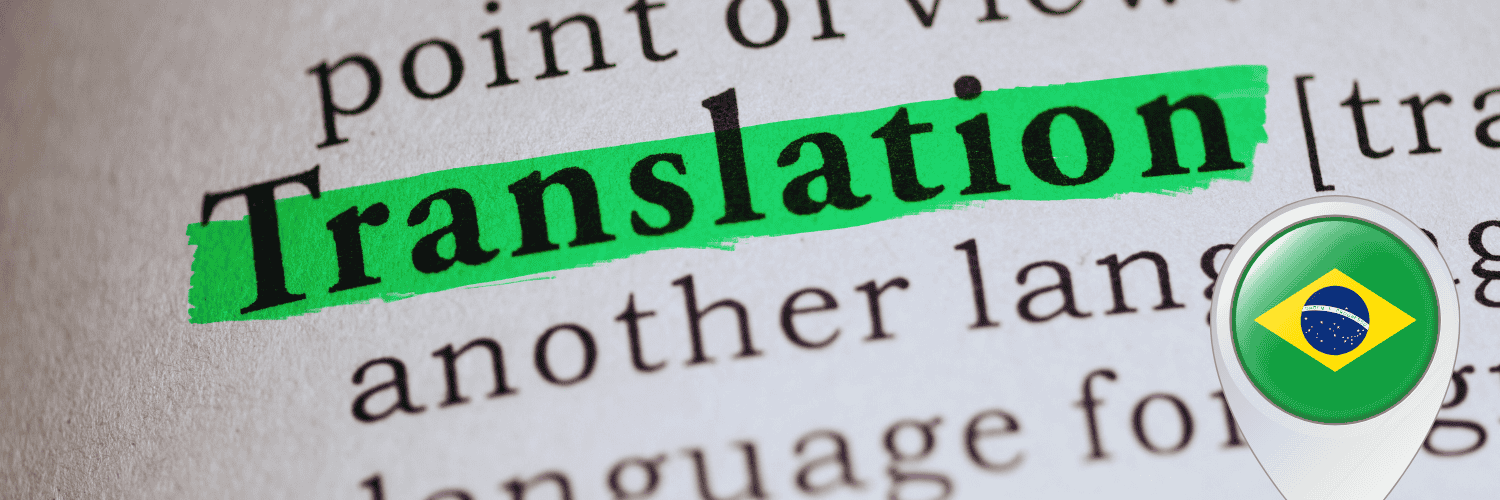Do I Need Official Translations and Apostilles for U.S. Documents to Be Used in Brazil?
When preparing documents for lawsuits or other disputes in Brazil, it is important to know that foreign paperwork is not automatically accepted by Brazilian courts. Brazilian law requires a series of formal steps to confirm authenticity, which helps judges, attorneys, and notaries verify that each document is valid and accurate. This process usually involves an apostille and a sworn translation into Portuguese.
Authenticity and the Hague Convention on Apostille
Brazil is a signatory to the Hague Convention, which streamlines the validation of public documents issued abroad. Documents coming from the United States receive an apostille instead of a traditional consular legalization. The apostille is attached by a state-designated authority and shows Brazilian officials that the signature, stamp, or seal on the document is genuine. Without that certificate, courts in Brazil will likely reject the document or require further proof of authenticity, which can complicate a lawsuit or dispute.
Obtaining the Apostille in the United States
In the U.S., the apostille is often handled by the Secretary of State’s office. Each state has its own procedures, so checking local requirements is key. For instance, New York’s Department of State handles apostilles through its main office in Albany, and there are detailed instructions on where to send documents and fees involved. An example of these guidelines can be found here. Verifying the steps set out by each state agency is especially helpful when time is tight and you need to present valid material to courts or authorities in Brazil as soon as possible.
Sworn Translation into Portuguese
After the apostille, the next requirement is a sworn translation. Brazilian law states that any official paper in a foreign language must be translated into Portuguese by a licensed professional known as a “tradutor juramentado.” These sworn translators have approval from state boards, and their versions carry the seals and stamps recognized by notary offices and courts across Brazil. Sworn translations are mandatory for powers of attorney, corporate documents, birth certificates, marriage certificates, and other records used in litigation or legal representation.
A sworn translation is not merely a literal rendering. It must capture the precise terminology and format used in the source document so Brazilian judges, lawyers, and clerks can understand its contents without losing legal nuance. Once the translation is complete, it will have a certificate that confirms its authenticity and references the attached original text.
Registro de Títulos e Documentos (RTD)
Even with an apostille and sworn translation, some documents benefit from being recorded with the Registro de Títulos e Documentos (RTD). This registry is a valuable step for those seeking legal representation in Brazil, as it makes your documents part of the public record and establishes a trustworthy chain of custody for evidence in disputes. The RTD keeps accessible archives of deeds, contracts, corporate minutes, and other documents. Courts and other parties to a lawsuit can then access them easily, knowing they are legally valid and complete.
Recording documents at the RTD is common practice for items related to real estate agreements, contract disputes, and corporate transactions. It provides an extra layer of security and ensures that third parties will recognize the document’s existence and authenticity. Attorneys often suggest this step when they anticipate contentious litigation or foresee the need for indisputable proof of dates, signatures, or identities.
Following these measures—apostille, sworn translation, and, when needed, RTD registration—greatly increases the chance that a U.S. document will be accepted in Brazilian courts. Taking care of these formalities helps protect your interests, whether you are filing a legal claim, defending a position, or simply doing business in Brazil. It also eliminates the risk of unexpected procedural setbacks and allows you to focus on the core aspects of your case.
Watch our video here:


